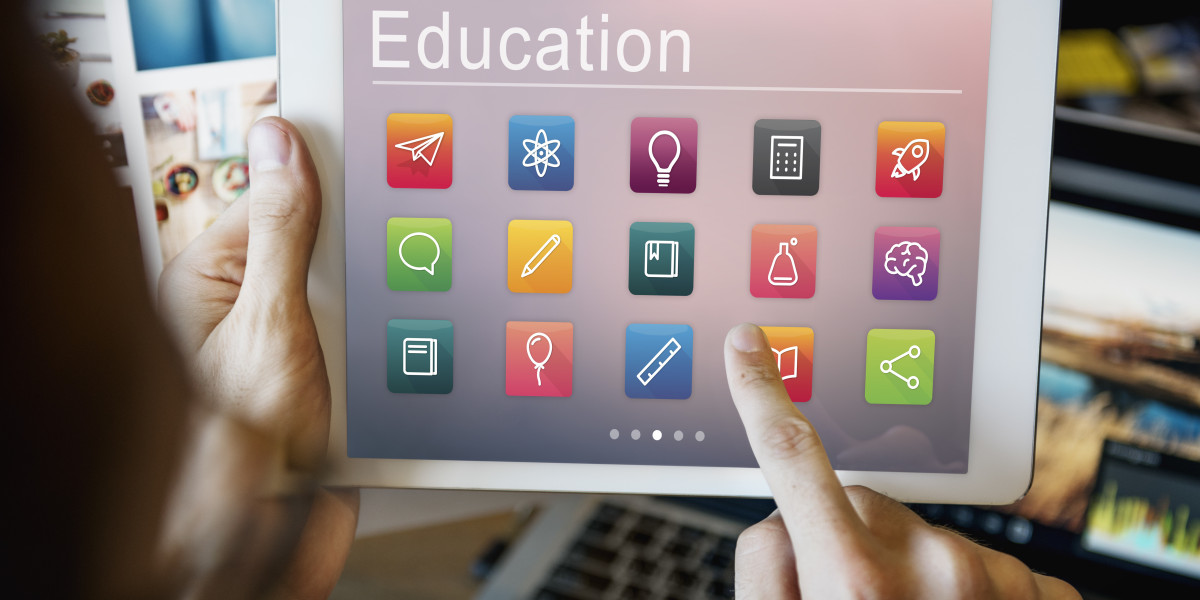1. Infrastructure Development
The foundation of a successful digital education system lies in solid infrastructure. This includes high-speed internet access and reliable hardware. Governments and institutions must invest in expanding broadband connectivity, especially in rural and underserved areas. Ensuring that every student has access to devices—such as tablets or laptops—is crucial for a seamless learning experience.
2. Curriculum Design
A digital education system should prioritize a dynamic and flexible curriculum. This means integrating technology into all subjects and encouraging interdisciplinary learning. Curriculum designers should focus on creating engaging, interactive content that caters to various learning styles. Incorporating gamification and real-world problem-solving scenarios can enhance student motivation and comprehension.
3. Training Educators
Teachers are at the heart of any educational system. To facilitate the transition to digital learning, comprehensive training programs must be developed. Educators should be equipped not only with technical skills but also with innovative teaching strategies that leverage digital tools. Continuous professional development will ensure that teachers remain effective and confident in delivering digital education.
4. Personalized Learning
One of the key advantages of digital education is the ability to offer personalized learning experiences. By utilizing data analytics and artificial intelligence, educational platforms can assess student progress and tailor content to individual needs. This approach allows students to learn at their own pace, addressing their strengths and weaknesses more effectively.
5. Collaboration and Community Engagement
Creating a digital education system involves collaboration among various stakeholders, including governments, educational institutions, and the private sector. Engaging communities and parents in the educational process can enhance support and resources. Initiatives like workshops, online forums, and local partnerships can foster a sense of community around digital education.
6. Assessment and Feedback
Digital education systems should incorporate innovative assessment methods that go beyond traditional testing. Continuous feedback mechanisms, such as online quizzes, peer reviews, and project-based assessments, can provide real-time insights into student learning. This ongoing evaluation allows for timely interventions and adjustments to instructional strategies.
7. Equity and Accessibility
Ensuring equity in access to digital education is paramount. Policymakers must address the digital divide by providing resources for disadvantaged students. Accessibility features should also be integrated into educational platforms to accommodate students with disabilities. By prioritizing inclusivity, we can create a more equitable educational landscape.
8. Sustainability and Adaptability
The digital education system must be sustainable and adaptable to future changes. This involves regularly updating technology and content to remain relevant. Institutions should embrace a culture of innovation, encouraging experimentation and feedback to refine the educational experience continually.
Conclusion
Building a digital education system by 2025 requires a comprehensive approach that addresses infrastructure, curriculum design, teacher training, personalized learning, and community engagement. By focusing on these areas, we can create an inclusive and effective educational environment that prepares students for the challenges of the future. As we advance, resources like the Chakrir Dak Weekly Job Newspaper can serve as valuable platforms for promoting educational opportunities and connecting job seekers with relevant skills. Embracing this digital transformation will pave the way for a brighter, more educated society.
Welcome to Newselab, your premier source for the latest job opportunities! We offer a wide range of current job circulars, including bd job circular 2024 and govt job circular 2024. Whether you're looking for new career opportunities or want to stay updated on emerging job trends, Newselab provides a user-friendly platform with all the essential information you need. Keep up with our detailed listings and the latest chakrir dak updates.
Discover your next career move effortlessly with Newselab!
Check out my Gig on Fiverr: write and publish da60 do follow usa uk guest post backlinks







